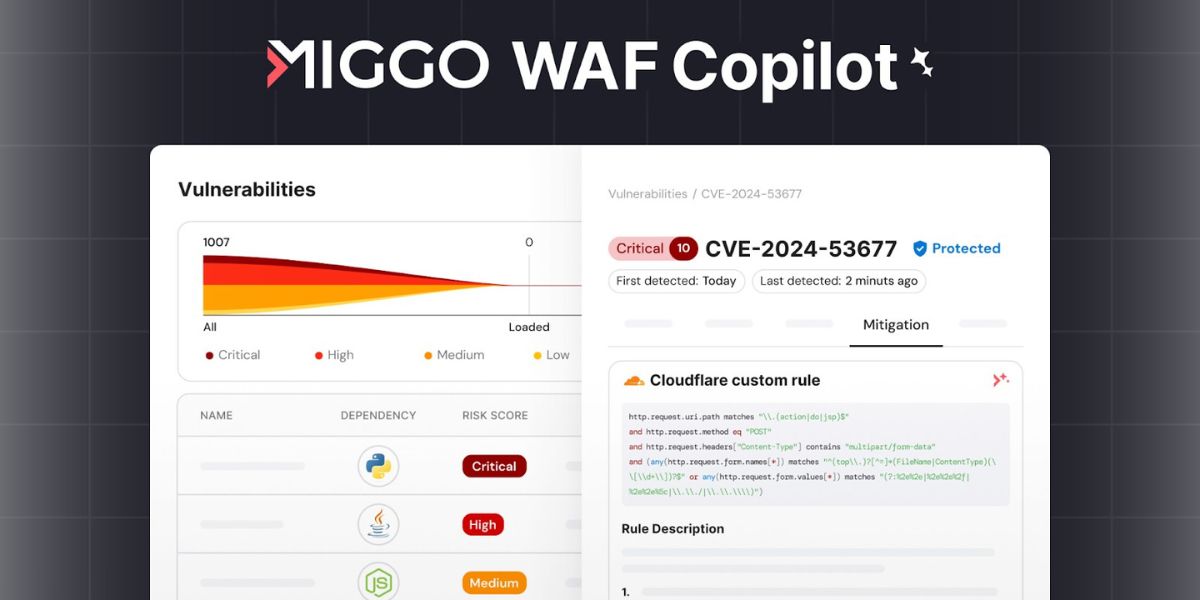By: Susan Lee
Truck accidents are different from typical car wrecks, not just because of their size or severity but because of the complex laws that govern them. If you’ve been involved in a crash with a commercial vehicle, such as an 18-wheeler, tractor-trailer, or dump truck, the legal path forward depends heavily on trucking regulations at both the state and federal levels.
Whether the at-fault party violated federal safety rules or Georgia-specific transportation laws, knowing the difference is key to building a strong personal injury case.
Federal Trucking Laws
The Federal Motor Carrier Safety Administration (FMCSA) regulates commercial truck drivers and carriers that operate across state lines. These federal rules are aimed at preventing fatigue, unsafe driving, and equipment failures.
Some of the critical federal trucking regulations include:
- Hours-of-Service rules that limit how long drivers can stay on the road without rest
- Requirements for electronic logging devices (ELDs) to track drive time
- Rules for drug and alcohol testing
- Routine vehicle inspection and maintenance schedules
- Cargo weight and securement regulations
Violations of these regulations can play a significant role in proving negligence. For example, if a driver exceeded their allowed drive time and caused a crash due to fatigue, that violation could directly link their actions to your injuries.
Having a Georgia personal injury lawyer who understands how to request and review these federal records—like logbooks and black box data—can make a major difference in a case.
Georgia’s Trucking Regulations
In addition to federal oversight, Georgia enforces its own trucking laws for intrastate carriers—those operating only within state borders. These rules cover everything from weight limits to hazardous materials permits and commercial licensing requirements.
Georgia law also governs minimum insurance requirements for local commercial fleets, enforcement procedures for state inspections, and road-specific safety rules.
For instance, a local dump truck operator may not need to follow federal rest guidelines, but they still must adhere to Georgia’s weight restrictions and licensing laws. If a truck exceeds state weight limits and causes a bridge collapse or rollover, that’s a clear case of regulatory violation at the state level.
Both state and federal violations can open the door to higher compensation, especially when it comes to proving gross negligence or company-wide unsafe practices.
How the Two Systems Interact
In many truck accident claims, both sets of laws may come into play—particularly when a truck crosses state lines or when both federal and state authorities investigate the crash.
A skilled attorney will know how to navigate overlapping regulations, identify violations, and determine which legal framework applies to your situation. For example:
- An interstate 18-wheeler crash may call for a Georgia 18 wheeler accident lawyer.
- A delivery truck operating within the state may be handled by a Georgia tractor trailer accident lawyer.
- City-owned or commercial dump trucks involved in local collisions require insight from an Atlanta dump truck accident lawyer.
Each type of case hinges on a slightly different set of rules and responsibilities.
Final Thoughts
Understanding the difference between federal and Georgia trucking regulations is not only important but absolutely vital when it comes to filing a personal injury claim following a truck accident. These laws and regulations set forth the standards that trucking companies and their drivers must adhere to in order to operate safely and legally on the roads. When these regulations are violated, it can create a strong foundation for your case, potentially increasing your chances of receiving a favorable outcome in your claim.
If you have been injured in a truck crash, it is essential to take proactive steps to ensure that your rights are fully protected. The aftermath of such accidents can be overwhelming, both physically and emotionally, and navigating the legal landscape can be particularly daunting. Therefore, enlisting the help of an attorney who possesses a deep understanding of both federal and state regulatory systems is crucial. Such an attorney can assist in uncovering the truth behind the accident, identifying all liable parties involved, and pursuing the compensation that you rightfully deserve.
In summary, the complexities of trucking regulations should not be underestimated, and having knowledgeable legal representation can make all the difference in achieving justice and securing the financial support necessary for your recovery. Your well-being and rights are paramount, and taking the right steps now can pave the way for a brighter future.
Disclaimer: The information provided in this article is intended for informational purposes only and does not constitute legal advice. Trucking regulations, both federal and state, are complex and subject to change. Each personal injury case is unique, and the outcome of a claim depends on various factors, including the specific circumstances of the accident and applicable laws. It is important to consult with a qualified attorney who specializes in truck accident cases to ensure your rights are protected and to receive guidance tailored to your situation.
Published by Joseph T.






